#China
Bad Omen: Shutdown Extended in China's Manufacturing Heartland
If you recall our piece from yesterday, automakers like Nissan are counting on Chinese workers to return to their factories on February 21st, thus preventing a widespread parts shortage that could idle plants on a global scale. That date would be the first day of resumed work in Hubei province following a government-mandated shutdown of all facilities — a tactic aimed at halting the spread of novel coronavirus.
If workers return Friday, the thinking went, the supply chain disruption currently afflicting the world’s automakers won’t be too bad. Well, bad news.
China now says Hubei won’t come online until March 11th.
The Hits Never Stop: Nissan Fears Plant Shutdowns Amid Parts Disruption
It wasn’t long ago — just a day, actually — that Nissan’s already embattled CEO told shareholders he’d happily be fired if the company’s turnaround efforts fall flat.
Less than a week after posting its first quarterly loss in a decade, Nissan now fears that a supply chain disruption born of the Chinese coronavirus outbreak could idle plants worldwide. It’s the last thing the company needs.
Coronavirus Delays Beijing Auto Show, Chinese Grand Prix, Formula E
Thanks to the ongoing coronavirus outbreak in China, the Beijing auto show has reportedly been postponed. While the event was supposed to take place at the end of April, making its yearly trade with the similarly biannual Shanghai trade show, organizers have decided it’s not worth the risk.
Over 70,000 people have reportedly contracted the virus thus far, with the death toll estimated to be somewhere around 1,700. The White House recently said it did not have “high confidence in the information coming out of China,” estimating higher figures. Travel and shipping bans further complicate the matter. Germany’s Automobilwoche said exhibitors wouldn’t be able to ship displays into the country anyway, referencing health notices sent to global logistics organization CIETC.
GM Downplays Virus Threat to Lucrative Truck Lines
We’re not talking about a digital threat here; no, it’s more just one more headache caused by the viral outbreak rampaging through the Chinese manufacturing heartland — the source of so many components crucial to domestic auto production.
At General Motors, a supply chain disruption is the last thing the company needs after weathering an expensive 40-day strike at its U.S. plants last fall. The automaker is now attempting to allay fears of idled plants in the wake of an ominous social media post.
This Stings: Coronavirus Comes for the Fiat 500L
Of all the production upsets born of coronavirus-caused supply chain disruptions, the idling of Fiat Chrysler’s Kragujevac, Serbia assembly plant is certainly not near the top. Not for American consumers, anyway.
The automaker announced Friday that the plant, home to the unloved Fiat 500L, will be offline until sometime late in the month. If U.S. inventory suffered, would anyone notice?
Coronavirus Infects Chinese Auto Market, Supply Chain Problems Persist
Not that there’s ever a good time for a global pandemic threat, but the coronavirus currently sweeping through Asia really could have scheduled itself more conveniently. China was already in the midst of an economic downturn when the virus reared its ugly head, with the country’s automotive sector having just moved backward for the second year in a row. The outbreak, centered in the Hubei province’s capital of Wuhan, is guaranteed to worsen the issue.
Responsible for about a tenth of China’s automotive manufacturing power, the region has basically gone dark since the outbreak picked up steam late last month. Over 50 million people are now presumed to be under house arrest due to the Chinese quarantine. Forbidden from going outside, they’re hardly likely to risk infection and government ire just to put for a few hours at their local factory. They also aren’t going to run out to their nearest dealership to support the ailing economy — but that’d be the first place to go after the sequestration ends.
If I were in their shoes, I certainly wouldn’t be taking the bus for a while.
Will Too Many Tesla Buyers Make the Switch?
In a recent earnings report that, unlike Nissan’s, actually pleased investors, Tesla claimed its new Model Y crossover would see its first U.S. deliveries in March of this year. Great news for antsy reservation holders, but some worry the appearance of America’s Favourite Bodystyle will have a harmful impact on the automaker’s current best-seller, the Model 3.
Vantas - a Brand Worth Knowing About?
It sounds like a European-Australian air carrier, but Vantas is also the name of a new Chinese automotive brand envisioned for the North American market.
The distributor behind the proposed brand should be familiar: California’s HAAH Automotive Holdings, which also plans to introduce the Chinese Zotye brand to the United States. This time, the introduction is an upscale one, with HAAH and China’s Chery Automobile signing a technical cooperation agreement to deliver a new brand, and a new SUV, to U.S. consumers.
Ripples From Virus Outbreak Hit Korean Plants
Automakers — and their accountants — are playing the wait-and-see game as the coronavirus outbreak continues to grow in China, throwing the assembly of crucial vehicle components into disarray.
Korean automaker Hyundai has now announced its domestic plants have gone dark, citing supply chain disruptions born of the virus and the aggressive lockdowns enacted to curtail its spread.
Virus Doesn't Bode Well for an Already Ailing Market
Just as airlines around the world cut ties with China, automakers who do business in the coronavirus-hit country are scrambling to deal with the outbreak — delaying production, keeping employees at home, and crossing their fingers.
Any predictions that 2020 would be a better year than 2019 — a potential springboard year for automakers busily tailoring their lineups to better serve the rapidly evolving Chinese market — are now due for revision.
Jaguar Land Rover's Grades Should Make the Parents Happy
As Jaguar Land Rover lunges forward with its “Project Charge” turnaround plan, things aren’t nearly as grim as they were a year ago. Which is exactly what the automaker’s parent, Tata Motors, wants to hear.
Despite a softening in global sales, the automaker made progress on many fronts, crediting its cost-cutting and product plan with a return to black ink.
Speaking of China - Tesla's Thinking Small
While we’re on the subject of American (or somewhat American) automakers looking to beat the Chinese at their own EV game, Tesla has announced a new direction in that massive electric vehicle market.
With Model 3s now rolling into buyers’ hands from its just-opened Shanghai assembly plant, the automaker has turned its eye to the lower end of the market.
Fiat Chrysler Looking to Muscle Into Chinese EV Market
Ram Rebels and Power Wagons are a tough fit for China’s cramped, heavily taxed new vehicle market, but “new energy” vehicles (electric cars) are not. With this in mind, Fiat Chrysler is aiming to put EVs in the hands of Chinese consumers through a potential joint venture.
Clearly seeing an avenue for growth — and a way to compensate for falling Jeep sales while challenging industry heavyweights like Volkswagen, GM, and Ford — FCA has entered talks with Taiwanese electronics company Foxconn, the automaker announced Friday.
Ford Still Can't Figure Out China, GM Similarly Vexed
Ford has struggled to improve market share in China for years now, as decades of economic growth made the region’s overwhelmingly large population too tempting for global manufacturers to pass up. But it hasn’t been an easy road for foreign automakers. Many entered the region saddled with a lack of brand awareness and were required to enter into joint ventures with Chinese firms to gain access (Ford has three). U.S. products have since faced additional scrutiny as American-Sino relations soured; at the same time, the whole of the market appears to be heading in the wrong direction.
While this hurt plenty of automakers that aren’t Ford, the Blue Oval has really taken it on the chin. The company reported a 26.1 percent sales decline for 2019, marking its third straight year of negative growth in China. At first blush, that may not appear relevant to what’s happening in the West. But Ford hasn’t seen its market share in the People’s Republic rise above 5 percent since 2008 (it’s about half that now), despite putting plenty of resources behind the project.
Chinese Help for Struggling Aston Martin?
Maybe it won’t be needed, what with a new sport-utility vehicle on the way, but Aston Martin’s deflated stock price and profit dive has the British automaker in search of a financial parachute. By that, we mean investors who can pump a little cash into the company while boosting shareholder confidence.
After a disappointing year, Aston Martin needs to chart a path to better finances, and a Chinese company that’s no stranger to endangered European brands might just be that sugar daddy.



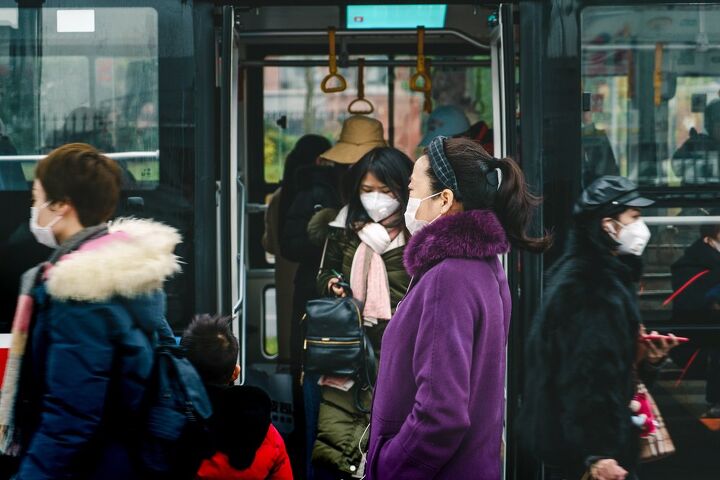
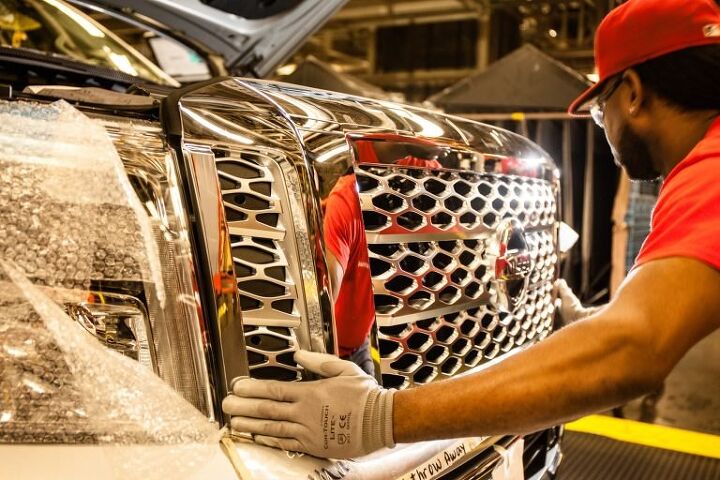
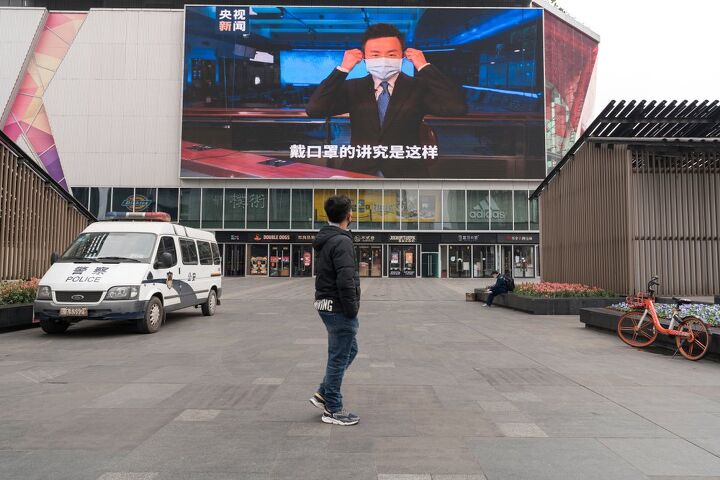

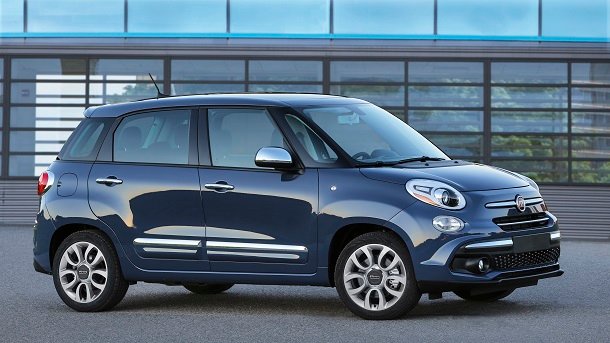
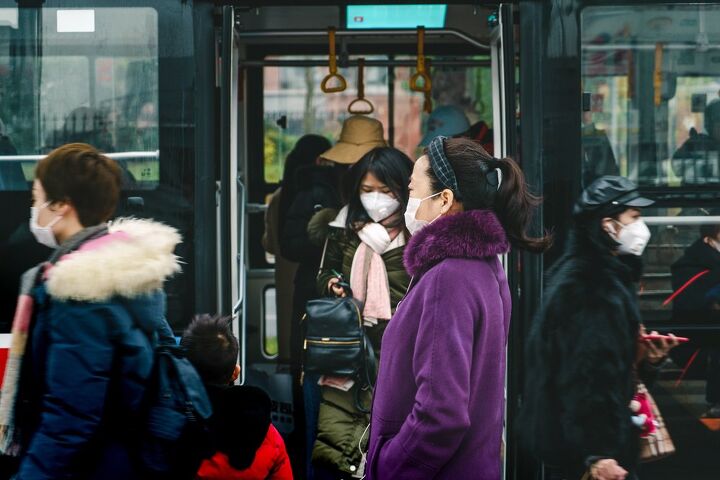

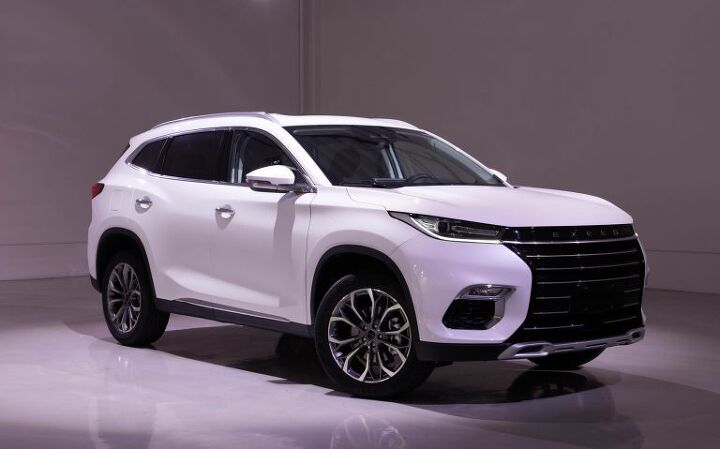

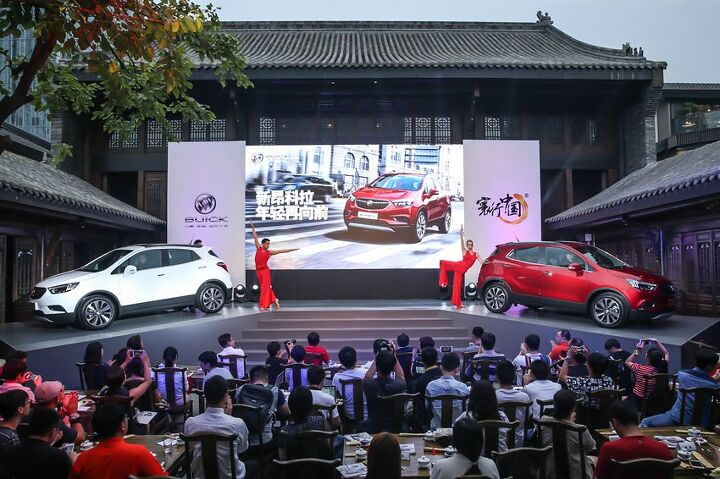
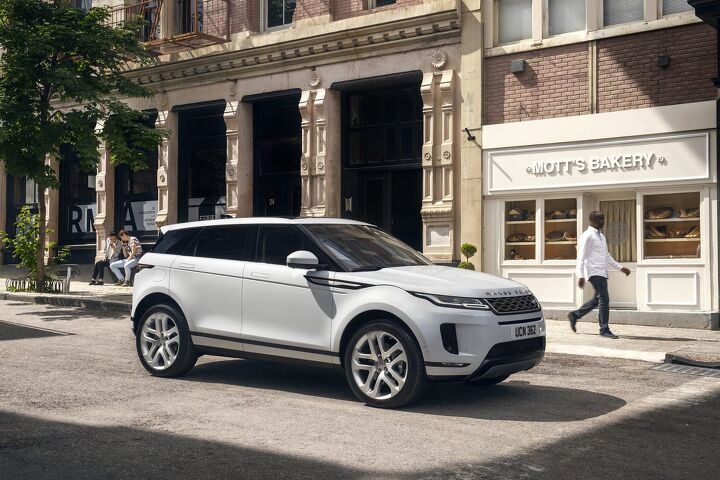
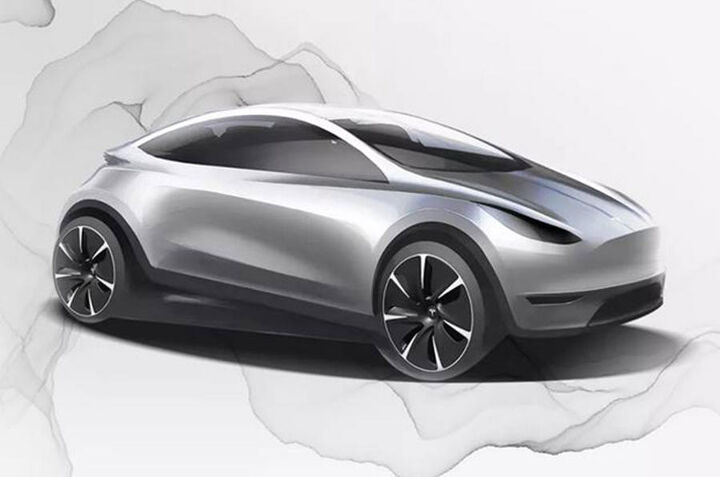
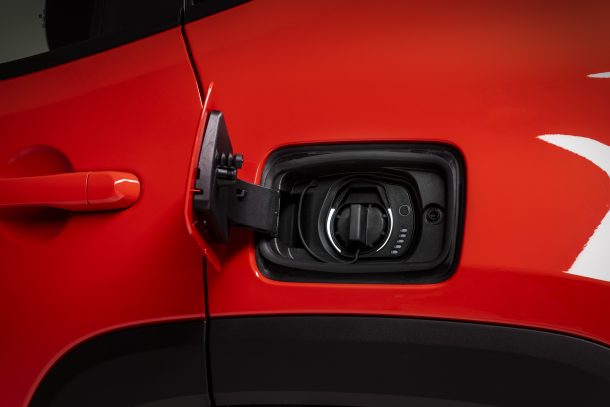
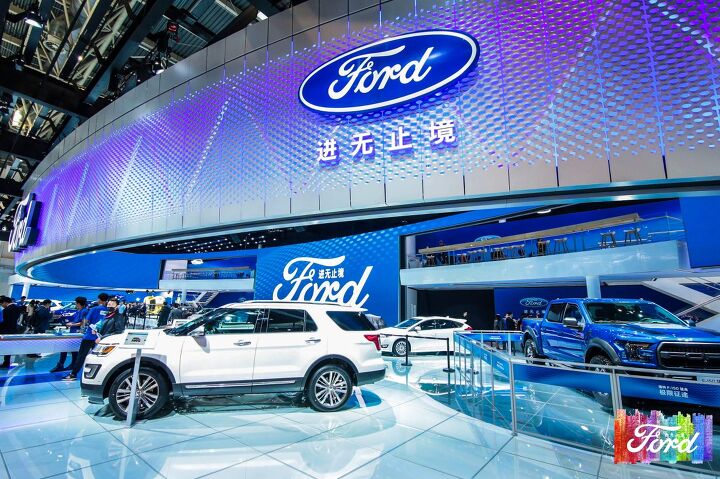













Recent Comments